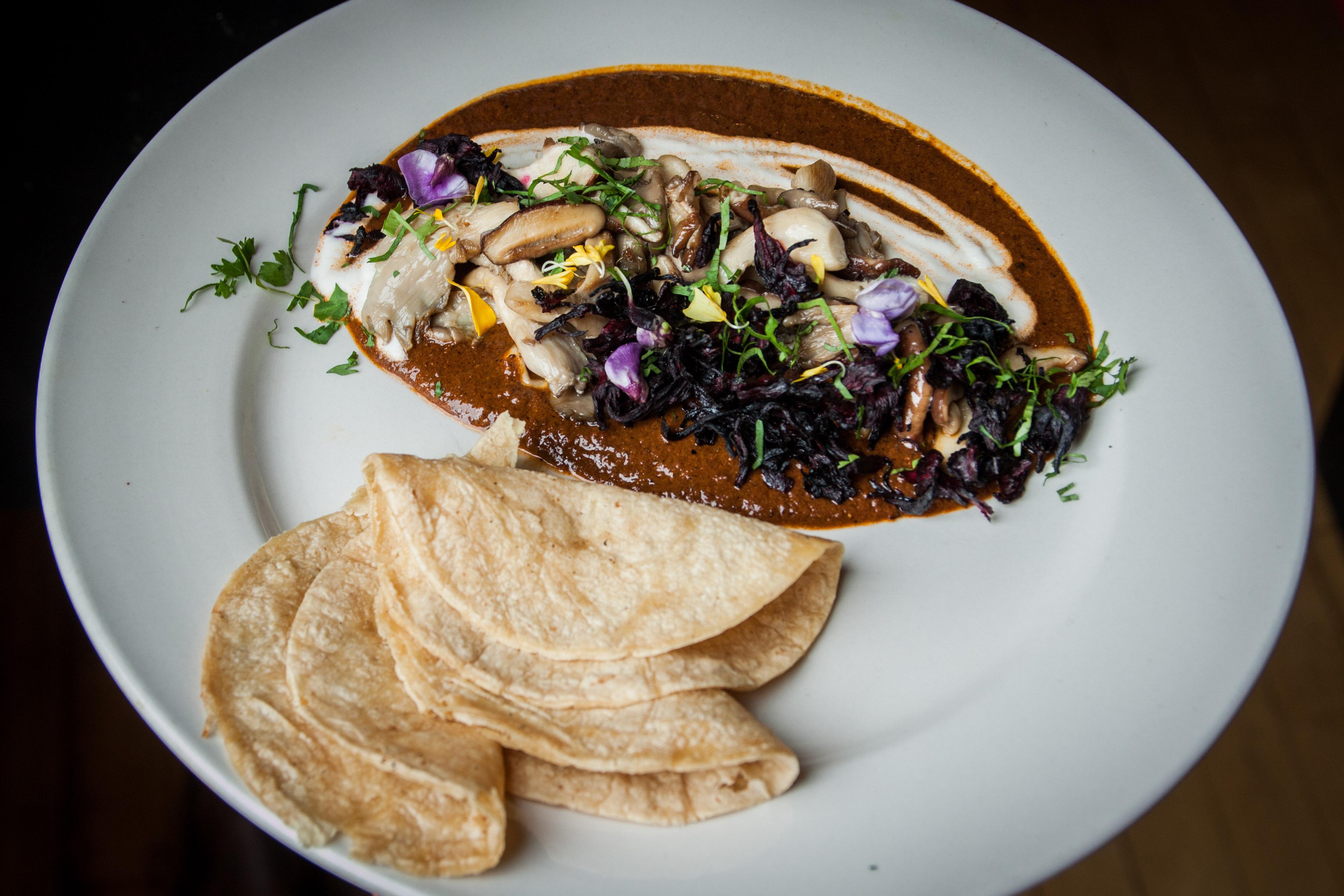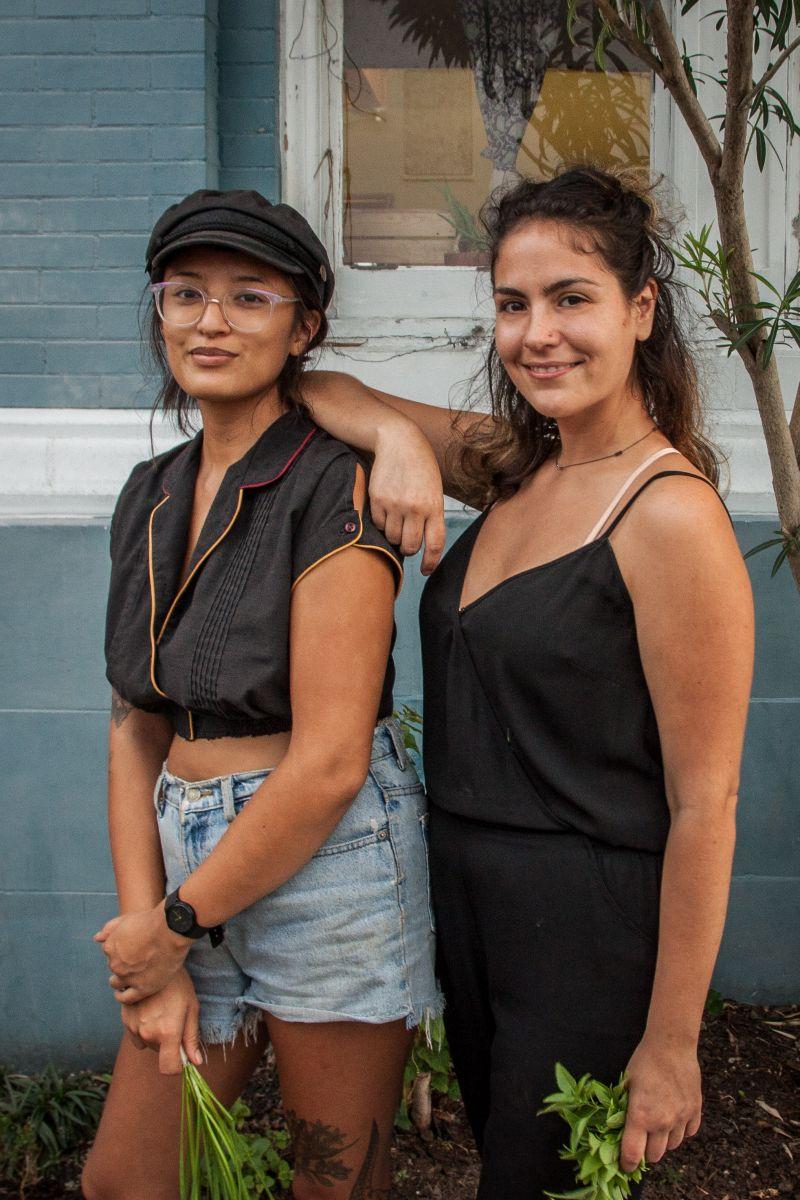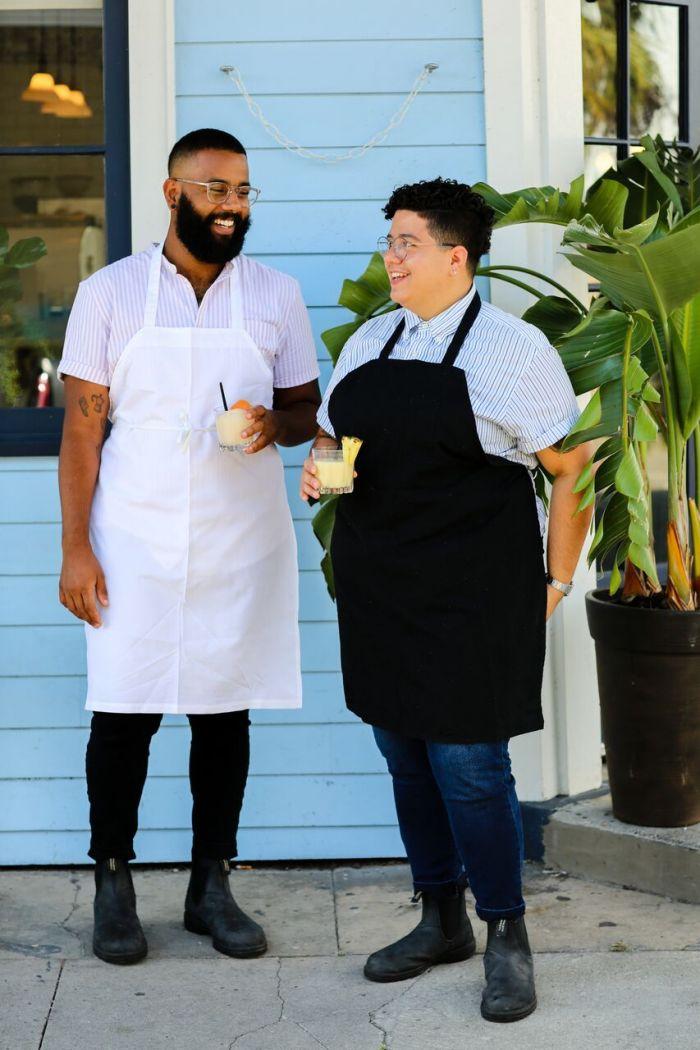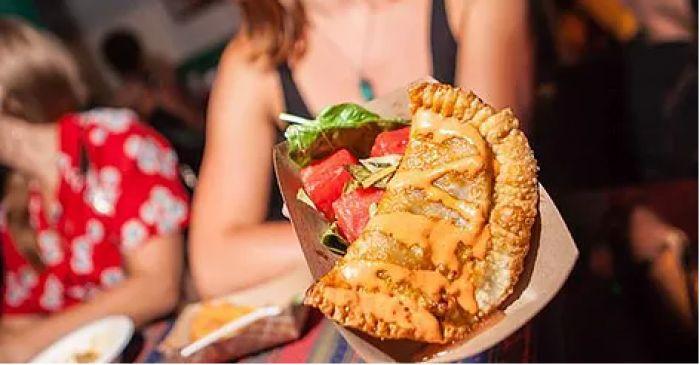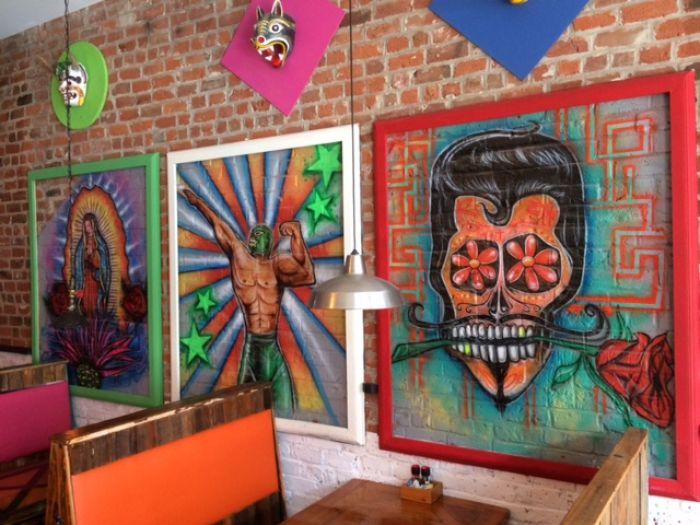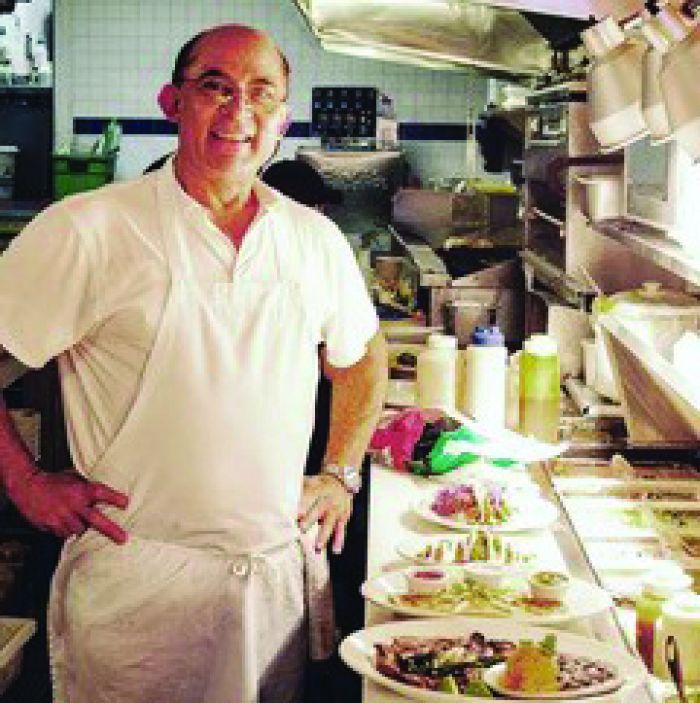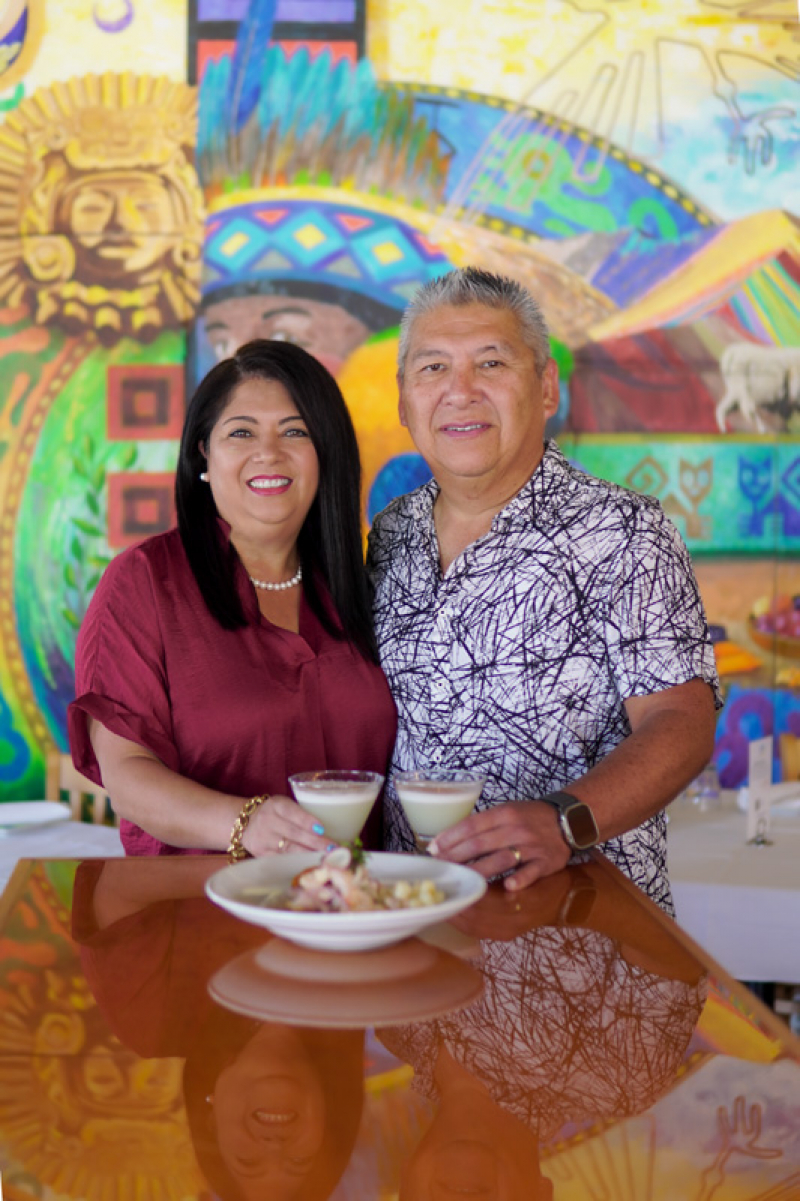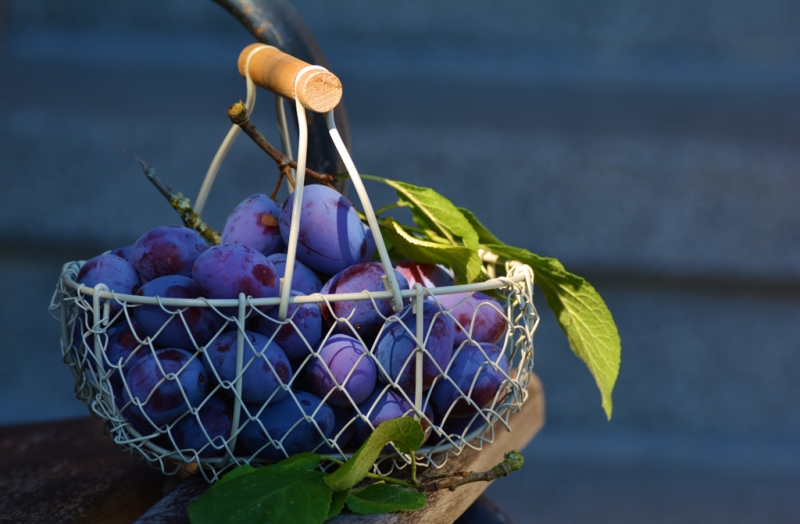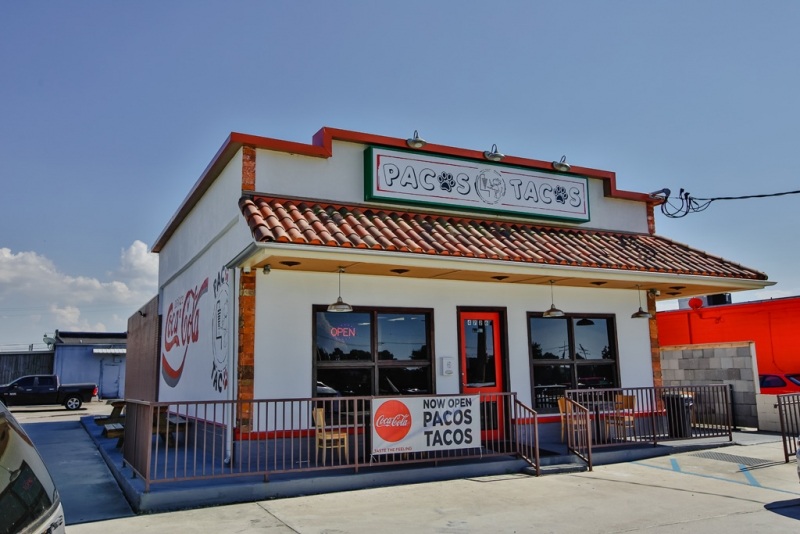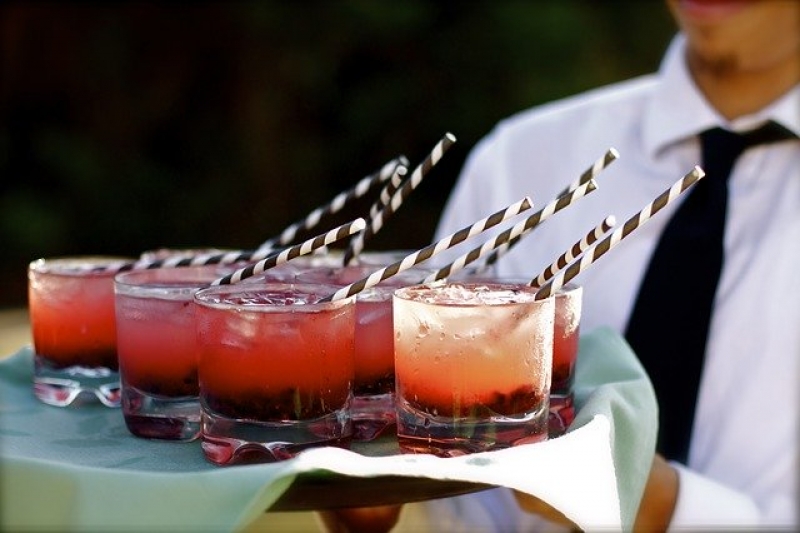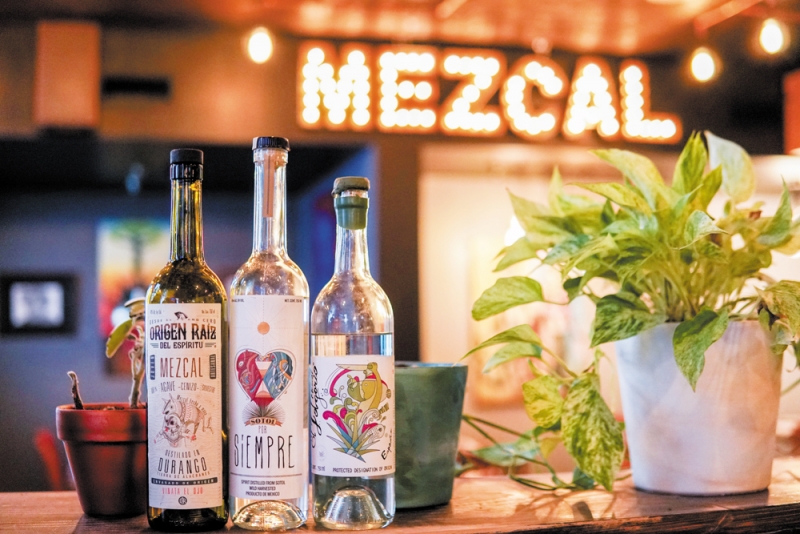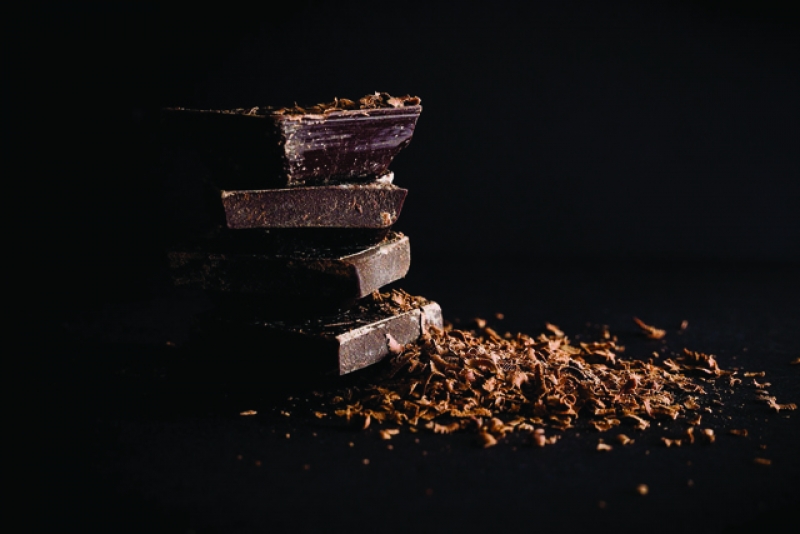- Published in NOLA Food
- Written by Leslie Almeida
South of Eden
Click aqui para español- >South of Eden
Bad habits are hard to break, especially when they are the kind associated with food. We eat our feelings, snack while bored, and overindulge; in a city like New Orleans, it’s difficult not to. Our food-obsessed society has even associated certain days of the week with food-themed hashtags, such as #MeatlessMonday and #TacoTuesday. Coincidentally, Liliana Ruiz-Healy knows a thing or two about both of those topics.
Liliana, a native of Mexico City, is the proprietor of South of Eden, a vegan pop-up serving authentic Mexican recipes with a healthy approach. Each Sunday, her team takes over the kitchen at Good Karma Cafe, another vegan eatery, located in a building that shares space with Swan River Yoga. It’s more than fitting that South of Eden sets up shop there; Liliana, a Culinary Nutritionist and Health Coach, prefers to describe her menu as plant-based rather than vegan, emphasizing that eating meat-free does not necessarily equate to eating healthy.
As a teenager and young adult, Liliana struggled with the effects of a poor diet, both mentally and physically. Today, she prepares dishes that are pleasing to the palate yet nourish the mind and body from within. Her strategy is one she implemented and has seen work for herself. “I dealt with a lot of eating disorders and body image issues for many years. This led me to depression, anxiety, fatigue, and pre-diabetes. I went to psychiatrists, dermatologists, dietitians, you name it.”
With no solution in sight from medical professionals, Liliana did her own research. She experimented with omitting meat and animal by-products from her diet and began to see improvements in the condition of her skin, energy levels and overall health. But, with traditional recipes calling for meat, lard and dairy, where does a vegan fit into a Mexican household? “I think at first they thought it was crazy, but the more time passed, the jokes stopped, and they saw I was committed to it. Even so, both of my parents have been very supportive in this journey.” And it was indeed a journey ahead. Needing an about-face, Liliana moved from Mexico City to New Orleans in 2015.
“I was pretty stuck with my life and felt I needed a big change. This seemed a little tricky to do back home, since, well…in order for big changes to happen, you need to break away from the routine, the normal, the comfortable. I was ready for a new adventure, and New Orleans captured me on my first visit.” Soon after, Liliana became certified as a Health Coach from Dr. Sears Health Coaching School, and as a Culinary Nutritionist from Plantlab Culinary School, focusing on herbalism, Chinese medicine and Ayurveda.
In 2017, she earned her certification in Plant-Based Cooking and Desserts from Plantlab, perfecting her technique with raw foods. Liliana’s aspirations as a nutritionist and as a chef led to the creation of South of Eden. Her menu, while meat-free, showcases dishes that are as appealing to the eye as they are delicious. “Plant-based food has a place in high-end cuisine, with beautiful ingredients, plating and techniques. I just want to do what I enjoy the most, to share the flavors I grew up with in Mexico, and breaking the idea that Mexican food is burritos, margaritas and nachos.”
The menu at South of Eden is quite varied, offering Mexican comfort dishes, twists on brunch classics, and house made baked goods. The satisfyingly crunchy chilaquiles feature a bright chile salsa and a vegan almond cream that can pass for the real deal. For those that prefer their brunch resemble dessert, options like the high-protein Belgian waffle with dairy-free coconut whipped topping placate the sweet tooth with ingredients you won’t feel guilty about enjoying. Also, on the menu is a menagerie of coffee, herbal teas, and intriguing beverages such as a kombucha ice cream float or beet latte.
Such a diverse and creative menu calls for an equally talented staff. Liliana doesn’t hesitate to commend her all-female team, noting that vulnerability and the ability to communicate are as necessary as basic knife skills. “South of Eden is a team. I don’t like to take full credit, and I can’t. They really hold it down. They are patient with me, they understand my brain, they make all my ideas take shape, and they have amazing ideas and knowledge.”
Their approach certainly works for them; Sunday takeovers at Good Karma have recently been extended from a 2p.m. close time to 5p.m. While pop-ups aren’t always convenient to patronize, specialty items from the South of Eden team are available at Crescent City Farmers Market Uptown on Tuesdays, and on Thursdays at the Mid-City site. Goods include dairy-free yogurt, kimchi, tinctures, soups, and a cacao brew. "The goal is to open our own brick and mortar in the future, and at some point, take this concept back home to Mexico. While we get there, we’ll just keep on getting creative.”
